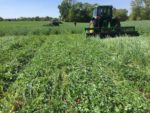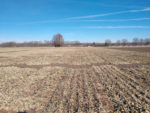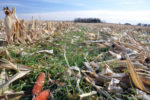Advertise Follow Us
No-Till Farmer News
Sponsored Content: Planter Maintenance with Precision Planting
Is Your Row Unit Lying to You?
Read MoreProducers with Crop Insurance to Receive Premium Benefit for Cover Crops
Report cover crop acreages by March 15 to receive premium benefit.
Read More













